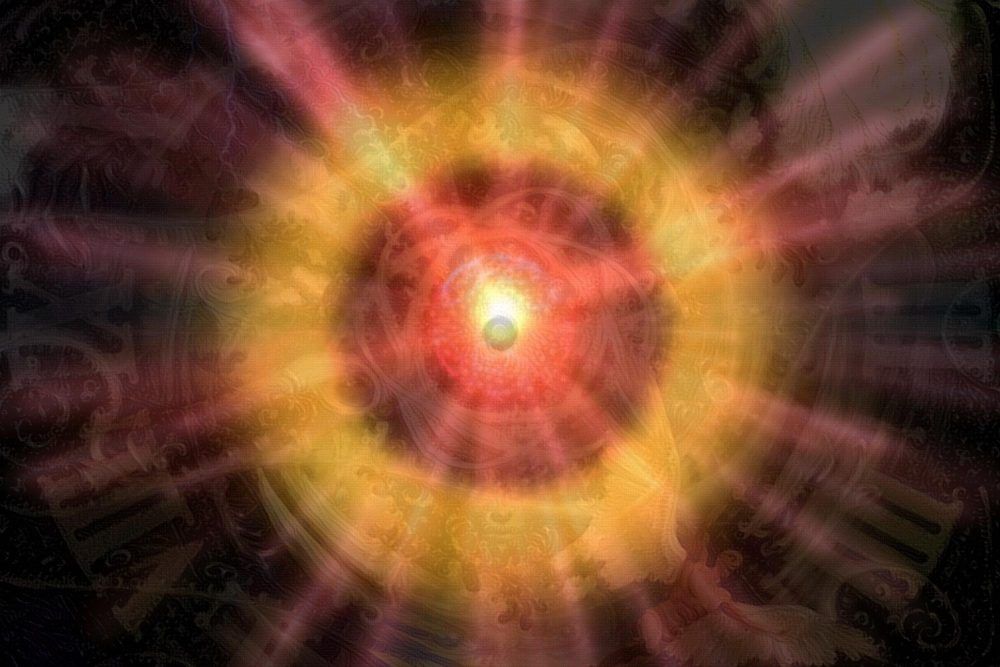A 2017 report of the discovery of a particular kind of Majorana fermion — the chiral Majorana fermion, referred to as the “angel particle” — is likely a false alarm, according to new research. Majorana fermions are enigmatic particles that act as their own antiparticle and were first hypothesized to exist in 1937. They are of immense interest to physicists because their unique properties could allow them to be used in the construction of a topological quantum computer.
A team of physicists at Penn State and the University of Wurzburg in Germany led by Cui-Zu Chang, an assistant professor of physics at Penn State studied over three dozen devices similar to the one used to produce the angel particle in the 2017 report. They found that the feature that was claimed to be the manifestation of the angel particle was unlikely to be induced by the existence of the angel particle. A paper describing the research appears on January 3, 2020 in the journal Science.
“When the Italian physicist Ettore Majorana predicted the possibility of a new fundamental particle which is its own antiparticle, little could he have envisioned the long-lasting implications of his imaginative idea.”
